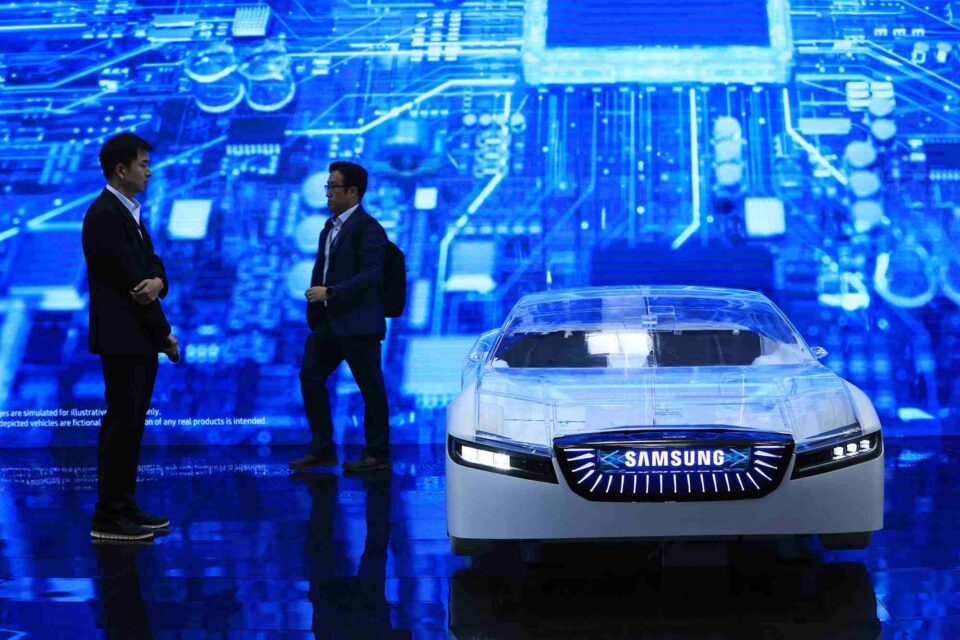By Frank Kamuntu
Cars have a weight problem. Consider the Mini, designed to save precious fuel during rationing; it has ballooned in size. It is not alone. Cars have got bigger and bigger, with the rise of the SUV only accelerating the trend.
Our EV myth busters series has taken a wild ride through the common (but often misinformed) criticisms of electric cars, from range anxiety to carbon emissions, mining and air pollution. This final installment asks: will electric cars prove to be too heavy for our roads and infrastructure?
After years of bloat on our roads, the extra battery burden has prompted some people to wonder if the advent of the electric car will break our roads, bridges and car parks.
Matthew Lynn, a columnist at the Daily Telegraph, this month wrote: “It’s far from clear that the charging infrastructure will be in place, or whether roads and bridges will cope with the heavier vehicles.”
Greg Knight, a Conservative MP, last year asked the UK government to test “the adequacy of the strength of multistorey car parks and bridges at safely bearing the additional weight of electric vehicles”.
The Asphalt Industry Alliance has claimed that smaller roads could be vulnerable to increased pothole formation, and the Daily Mail wrote: “Multistorey car parks could be at risk of collapsing.”
Electric cars can be very heavy. Car magazine said General Motors’ gargantuan Hummer “manages to look even heavier than it is” – an impressive achievement, considering it comes in at more than four tonnes. A third of that is the battery pack capable of powering one of the biggest cars over 300 miles. It is big.
A more reasonable electric car would be the Tesla Model Y, at two tonnes. For comparison, Jaguar Land Rover’s Range Rover weighs in at 2.5 tonnes before any people get in, while newer versions of Ford’s F-150 pickup truck – the US bestseller – can weigh as much as 2.7 tonnes depending on the model.
Nevertheless, Transport & Environment, a campaign group, calculates that EVs are on average between 300kg and 400kg heavier. For every 150km of range, it adds about 100kg of battery weight, said Lucien Mathieu, the cars director at the Brussels-based group.
Heavier vehicles mean there is more friction between tyres and road, and more stress on whatever is below the car. That means roads deteriorate quicker. Academics at the University of Edinburgh in 2022 calculated that there could be between 20% and 40% additional road wear – think potholes, the driver’s bane – associated with battery vehicles compared with internal combustion engines.
However, the analysis (which did not carry out real-world tests) found that any extra wear is “overwhelmingly caused by large vehicles – buses, heavy goods vehicles”. Road wear from cars and motorcycles is “so low that this immaterial”, they said.
On to bridges. Colin Walker, the head of transport at the Energy and Climate Intelligence Unit think tank, said in the UK there are very few roads or bridges with weight limits below 7.5 tonnes. (Anything heavier than 3.5 tonnes needs a lorry licence in the UK, for younger drivers at least).
Engineers talk about “factors of safety” when designing structures. Take the maximum design load, and then build the structure to take much more stress so there is some breathing room. Bridges in the UK are generally built to withstand more than their maximum expected load, so they have some leeway for extra weight.
National Highways, which runs the UK’s motorways and A roads, is not concerned. A spokesperson said: “Our bridges are designed to support 44-tonne heavy goods vehicles, so we have no concerns over the increased weight of much lighter EV cars.”
Have An Advert Or Article You Want Us To Publish? WhatsApp: +256760530830.


